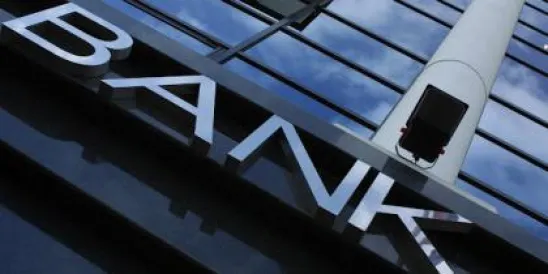In line with its Sanctioning Guidelines, the World Bank recently debarred four companies for corporate misconduct in countries across Southern Asia. Debarment excludes the companies temporarily from bidding on World Bank-financed contracts and effectively prevents them from accessing World Bank financing.
The World Bank
The World Bank is a Washington, D.C.-headquartered international financial institution that is the largest financier of aid projects in the world. It provides approximately USD 150 billion-worth of loans per year to countries across the globe to promote foreign investment, international trade, and ultimately the abolition of poverty.
SMEC Debarred for Corruption in Bangladesh, India, and Sri Lanka
On September 28, 2017, the World Bank announced the debarment of SMEC International Pty. Ltd. (“SMEC”), a subsidiary of SMEC Holdings Pty. Ltd., for 12 months. Also debarred were four of its subsidiaries based in Bangladesh, India, and Sri Lanka. Those debarments varied from six to 30 months. SMEC Holdings Pty. Ltd. is an Australian-based infrastructure-consulting firm founded by the Australian government. It was acquired by Surbana Jurong, a Singaporean government-owned urban planning and design company on August 1, 2006. SMEC is the holding company’s project management arm that services various sectors including industrial, rural, and urban development and regeneration. The World Bank investigation found that SMEC and its subsidiaries had made corrupt payments in relation to World Bank-financed projects in Bangladesh and Sri Lanka. They also misrepresented to satisfy bidding requirements for World Bank-financed projects in India and Sri Lanka.
PEL Debarred for Collusion in Pakistan
On February 22, 2018, the World Bank announced the debarment of Pak Elektron Ltd. (“PEL”), its affiliates PEL Marketing Pvt. Ltd. and Kohinoor Power Co. Ltd. Also debarred was its former general manager Abdul Waheed Butt. All debarments were for 33 months for collusive tendering contrary to World Bank procurement guidelines. PEL, a subsidiary of Pakistani conglomerate Saigol Group, is a Pakistani engineering company that manufactures electrical appliances and equipment. The World Bank investigation found that PEL and its affiliates were part of a trade association group chaired by Butt. The association colluded by agreeing in advance the prices to be quoted by associate companies in five World Bank tenders. The collusion pre-determined which contracts would be awarded to which companies for which amounts. The five tenders related to a World Bank-financed project to strengthen certain electricity distribution networks in Pakistan.
ConvaTec Entities Debarred for Misrepresentation in Bangladesh
On February 23, 2018, the World Bank announced the debarment of ConvaTec International Services GmbH., a Swiss-based company, and ConvaTec Malaysia Sdn. Bhd., a Malaysia-based company (together, the “ConvaTec entities”), for 18 months. The ConvaTec entities are subsidiaries of Cidron Healthcare Ltd., a UK company that develops, manufactures, and markets a range of healthcare products, including advanced chronic and acute wound care. The World Bank investigation found that the ConvaTec entities fraudulently misrepresented the size of commissions paid to local agents in Bangladesh in relation to the award of three contracts pursuant to two World-Bank financed programs to improve healthcare in Bangladesh. Parent company Cidron Healthcare Ltd. was conditionally non-debarred, meaning that it remains eligible to participate in World Bank-financed projects as long as it complies with certain obligations.
Additional Considerations
These debarments resulted from Negotiated Resolution Agreements, essentially settlement agreements, pursuant to which the companies acknowledged responsibility for the underlying sanctionable practices. In return, the debarment periods are subject to reduction should the companies satisfy certain conditions, such as voluntarily enhancing corporate integrity compliance programs consistent with the principles set out in the World Bank’s Integrity Compliance Guidelines. However, World Bank debarment is not necessarily the end of the story. Other consequences might ensue, not least cross-debarment by other multilateral development banks, civil and criminal enforcement activity by national regulators, loss of business, and/or reputational damage.




 />i
/>i

